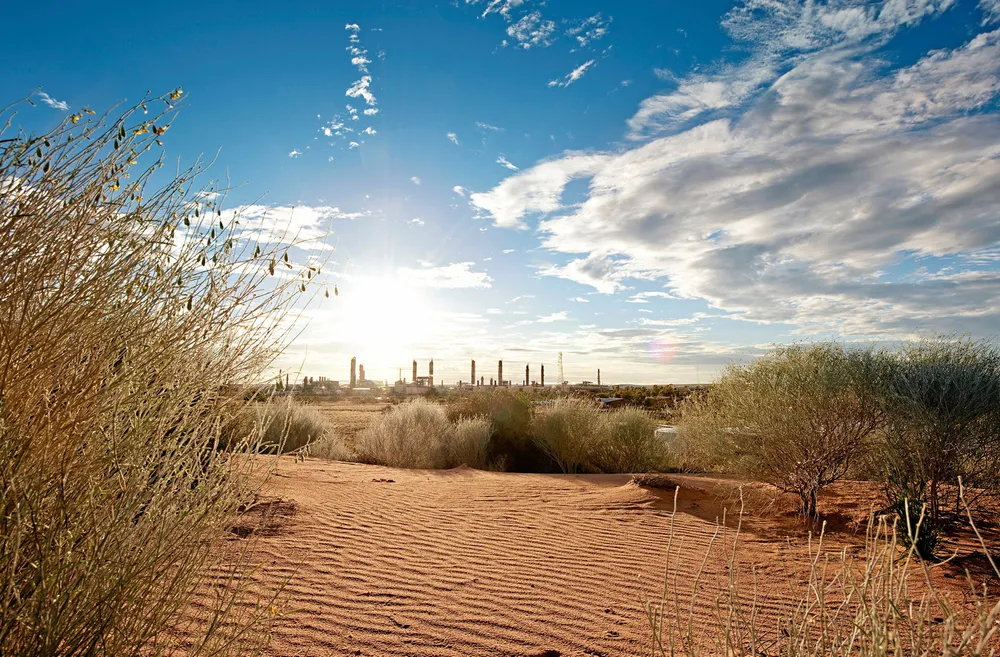Santos sanctions Australian carbon capture and storage project
Chief executive Kevin Gallagher claims Moomba will be one of the biggest and lowest-cost CCS projects in the world

Chief executive Kevin Gallagher claims Moomba will be one of the biggest and lowest-cost CCS projects in the world
